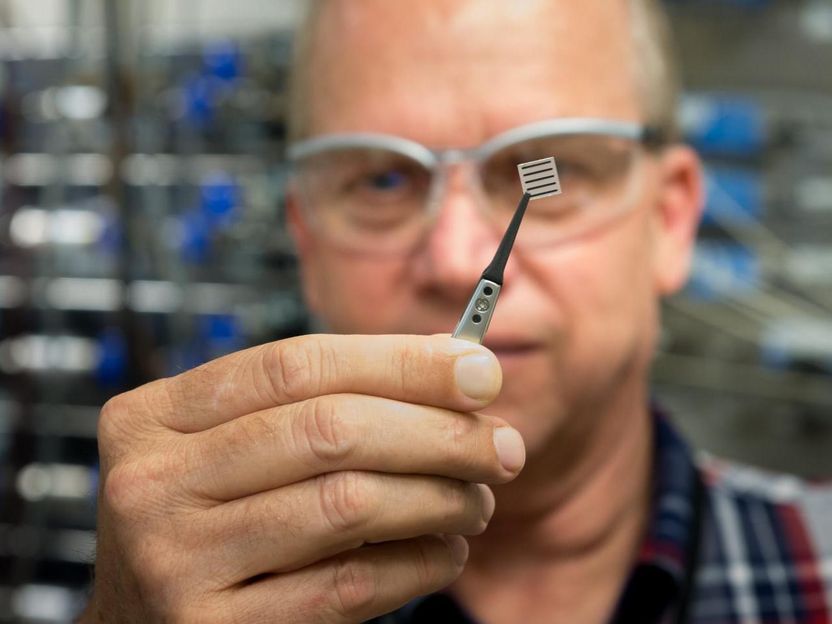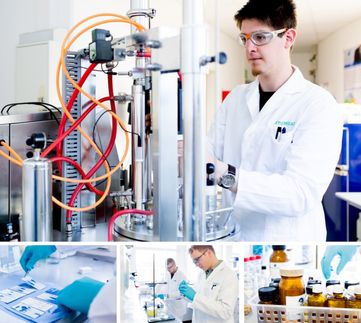Investment boosts SpheriTech’s growth
SpheriTech received a six-figure investment has come from a financial backer who wishes to remain anonymous. The investor has taken a 20% holding in SpheriTech. Launched as a one-man operation by founder and chief executive Don Wellings, the company has already used the new investment to employ a specialist member of staff, with a third team member due to join in early 2010. The funds will also significantly enhance the business’s efforts to secure additional finance.
Don explained: “The investment has enabled me to strengthen the team at SpheriTech but also allows me to apply for government funding, such as through loans or research grants. For a company like ours to get off the ground, it’s absolutely essential to secure government finance.”
Don added: “The investment has allowed improvements including the redesign of the company’s website and will play a key part in financing the development of SpheriTech’s intellectual property – for example by allowing applications for new patents to be pursued more quickly. Patent life is 20 years, so every year you take to commercialise a patent means a year’s less revenue.”
SpheriTech currently holds a portfolio of intellectual property covering a diverse range of technologies including peptide synthesis, DNA synthesis, biocatalysis and cell culture. As part of its work the company offers laboratory-based contract research and development, and provides custom synthesis of peptides and contract purification of any molecule, large or small.
Most read news
Other news from the department business & finance

Get the chemical industry in your inbox
By submitting this form you agree that LUMITOS AG will send you the newsletter(s) selected above by email. Your data will not be passed on to third parties. Your data will be stored and processed in accordance with our data protection regulations. LUMITOS may contact you by email for the purpose of advertising or market and opinion surveys. You can revoke your consent at any time without giving reasons to LUMITOS AG, Ernst-Augustin-Str. 2, 12489 Berlin, Germany or by e-mail at revoke@lumitos.com with effect for the future. In addition, each email contains a link to unsubscribe from the corresponding newsletter.
Most read news
More news from our other portals
See the theme worlds for related content
Topic world Synthesis
Chemical synthesis is at the heart of modern chemistry and enables the targeted production of molecules with specific properties. By combining starting materials in defined reaction conditions, chemists can create a wide range of compounds, from simple molecules to complex active ingredients.

Topic world Synthesis
Chemical synthesis is at the heart of modern chemistry and enables the targeted production of molecules with specific properties. By combining starting materials in defined reaction conditions, chemists can create a wide range of compounds, from simple molecules to complex active ingredients.
Last viewed contents
Spinnovation Analytical receives GMP certification for testing drug substances and drug products
Nouryon doubles capacity for dicumyl peroxide in China
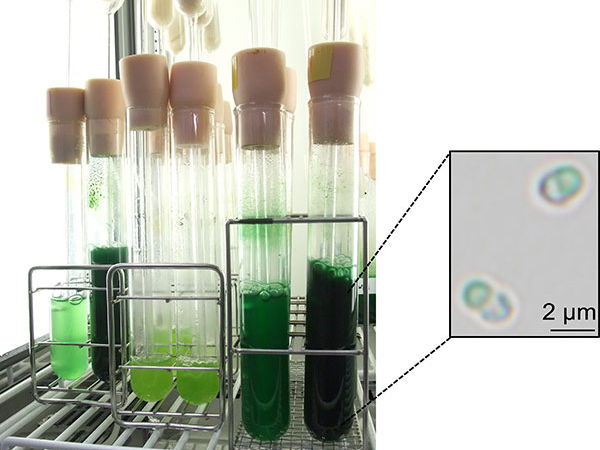
A "switch" to increase starch accumulation in algae - A brighter future for renewable energy and materials
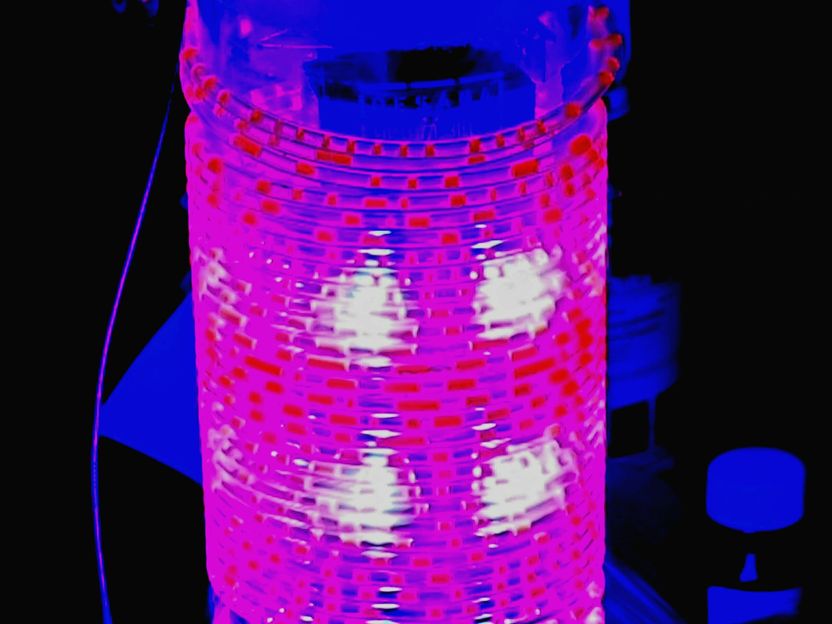
Chemical Reactins on the Water Surface - Researchers develop a new synthesis method: Manufacturing chemical products more efficiently and environmentally friendly

OPTO 22 Automation Products GmbH - Bensheim, Germany
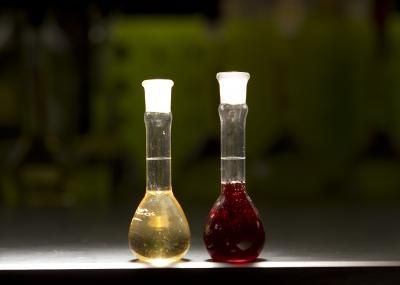
Chemists turn gold to purple -- on purpose - Color change confirms a new way to harvest energy from sunlight

Univar Inc. - Redmond, USA
